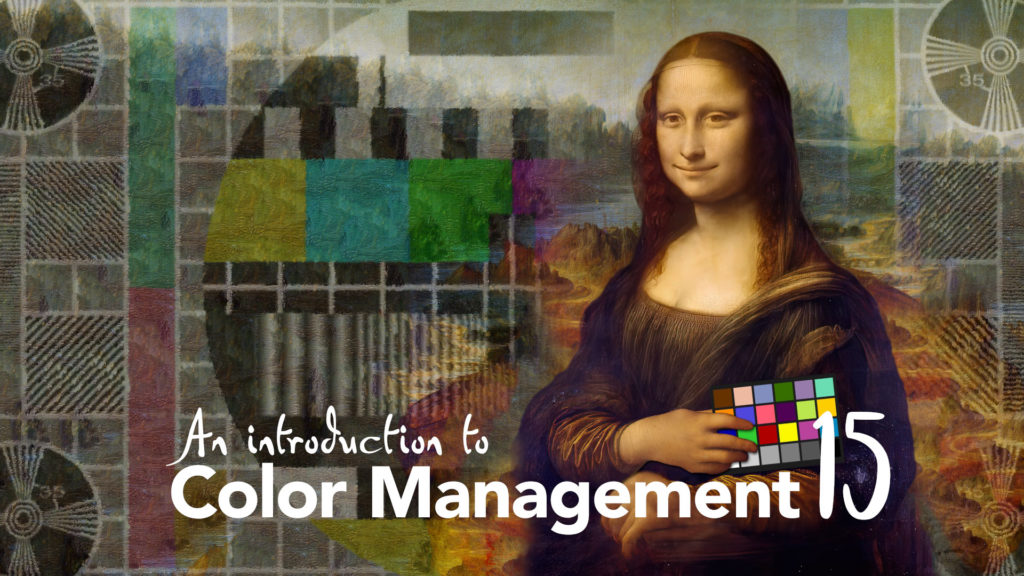Logarithmic video files, or log files, are something you’ll encounter sooner or later. Every camera manufacturer has developed their own – different and incompatible – log formats. A logarithmic video is not some new type of file format – instead, it’s a different way of encoding the brightness values in a regular Quicktime or MP4.
If you don’t deal with log footage correctly, then it will look flat and washed out. You can’t really ignore log files, and if you’re working with video footage in After Effects it’s only a matter of time until you’re given some log footage.
As mentioned in the video, this is a direct follow-on from part 7 in this series, which looked at gamma. If you haven’t watched part 7 yet then I strongly recommend you jump over and catch up.
While this video focusses on explaining what log files are and why they were invented, it stops short of demonstrating exactly how to deal with them. The simple answer is to just use the “interpret footage” settings, but depending on what type of footage you’re dealing with (and from which manufacturer) that might not actually be so simple.
The next video in this series will look at RAW formats, which can be closely related to log video files. In some cases the two topics are closely intertwined.
Another complicating factor is that Adobe have recently released After Effects CC2023. This major release now includes built-in support for OpenColorIO and ACES. While this is extremely good, exciting and very welcome news, it does make it slightly more difficult to make tutorials on color management!
But keep an eye out for the next video in this series and I’ll go through RAW video formats and look at the intricacies of dealing with log files in After Effects.
This is part 15 in a long series on color management. If you’ve missed the other parts, you can catch up here:
Part 4: Maxwell’s spinning discs
Part 6: Understanding the CIE 1931 chromaticity diagram
Part 8: Introducing Colorspaces
Part 9: The theory of a color managed workflow
Part 10: Using After Effects built-in color management
Part 11: Introducing OpenColor IO
Part 13: OpenColorIO and After Effects
Part 14: Combining OCIO with After Effects
AND – I’ve been writing After Effects articles and tutorials for over 20 years. Please check out some of my other ProVideo Coalition articles.


